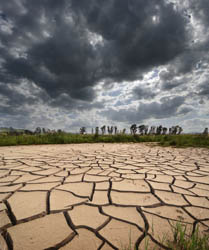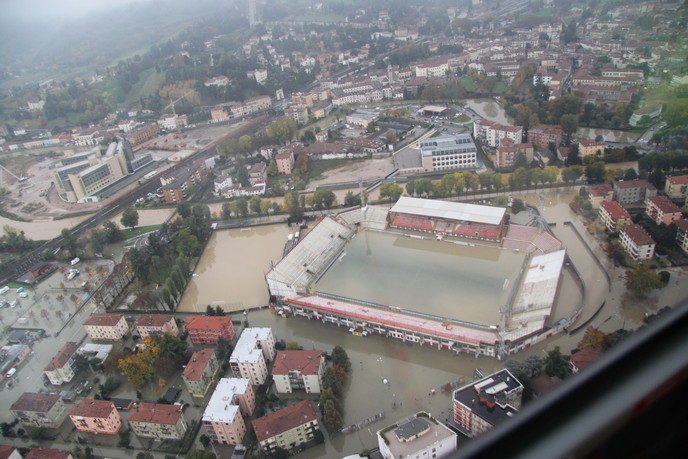Assessment of climate change impacts
There is widespread acceptance that human greenhouse emissions are changing the climate. Decision-makers now need reliable science-based information to help them respond to the risks of climate change impacts and assess opportunities for adaptation. The goal of the CLIMSAVE project was to provide stakeholders and policymakers with an integrated platform enabling them to evaluate climate change impacts and assess vulnerability. To achieve this goal, the project team has developed a user friendly, interactive web-based platform that will allow stakeholders to examine the effects of climate change on agriculture, forests, biodiversity, coasts, water resources and urban development. The linking of computer models between different sectors will enable stakeholders to see where, when and under what circumstances their actions may affect the European landscape. The simulation models designed by the CLIMSAVE project team can be used to investigate whether different climate and socioeconomic scenarios have a negative or positive effect on sectoral indicators and ecosystem services. The nature of the impact can be quantified so as to predict potential benefits, conflicts and trade-offs within and between particular sectors. Project partners organised six professional workshops to promote their computer platform among stakeholders. They have developed two versions of the platform: one at the European scale and one at the regional level based on Scotland. The platform will enable stakeholders to explore and understand the interactions between different sectors, rather than viewing their own sector in isolation. It can further help to build the capacity of decision-makers to understand how cross-sectoral vulnerability to climate change might be reduced by various adaptation options.







